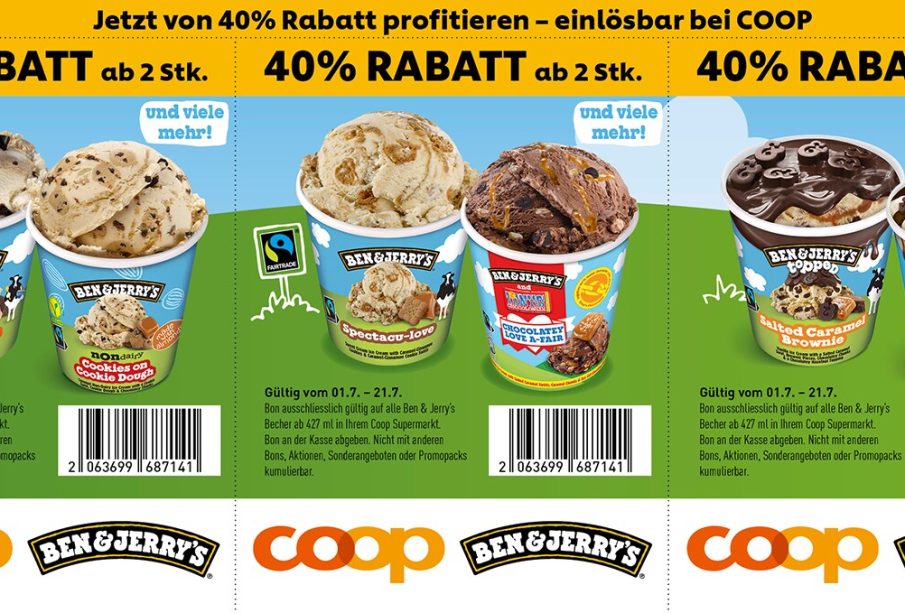The Story Behind Ben and Jerry’s Ice Cream Revolution

Introduction: The Importance of Ben and Jerry
Ben and Jerry’s is not just an ice cream brand; it represents a movement towards sustainability and social responsibility in the food industry. Founded in 1978 in Burlington, Vermont, the brand has made a significant impact in promoting fair trade, environmental consciousness, and progressive values. As consumer preferences increasingly shift towards ethical consumption, understanding Ben and Jerry’s approach becomes essential for those interested in corporate responsibility and innovation.
The Origins of Ben and Jerry
Ben Cohen and Jerry Greenfield, the founders of Ben and Jerry’s, started their journey by converting an old gas station into an ice cream parlour after completing a correspondence course on ice cream making from Penn State University. Their unique approach involved chunk-filled ice cream with flavour combinations that were unlike anything on the market, leading to their early success. Popular flavours such as ‘Cherry Garcia’ and ‘Cookie Dough’ became instant hits, setting the brand apart from traditional ice cream producers.
Commitment to Social Issues
A hallmark of Ben and Jerry’s brand identity is its unwavering commitment to social justice. The company has consistently aligned itself with various causes, including climate change, racial equality, and LGBTQ rights. In 2015, for instance, the company made headlines by supporting same-sex marriage through their campaign, ‘We Doughnut Discriminate.’ These actions enhance their reputation and resonate with a consumer base that values corporate activism.
Sustainable Practices
In addition to social justice, Ben and Jerry’s has committed to sustainability by sourcing Fairtrade-certified ingredients, which supports small farmers globally. Their goal is to achieve 100% humanely sourced dairy by 2025, demonstrating a commitment not only to quality and taste but also to ethical sourcing. Moreover, the brand aims to reduce its carbon footprint through various environmental initiatives, including switching to renewable energy in their factories.
Recent Developments and Future Outlook
As of late 2023, Ben and Jerry’s continues to innovate new flavours and broaden its product range, including non-dairy options that appeal to a growing vegan market. The company’s ability to adapt to changing consumer preferences while remaining true to their core mission of fun, flavour, and fairness is indicative of their ongoing success. As consumers increasingly seek brands that align with their values, Ben and Jerry’s stands out as a model for what it means to combine capitalism with a conscience.
Conclusion: The Significance for Consumers
For readers, understanding the impact of Ben and Jerry’s is crucial in an age where consumer choices can influence corporate behaviour. The brand serves as both a delicious indulgence and a catalyst for change, encouraging individuals to consider the ethical implications of their purchases. As the brand continues to evolve and expand, its principles of social responsibility and sustainability are likely to shape the future landscape of the ice cream industry and beyond.









